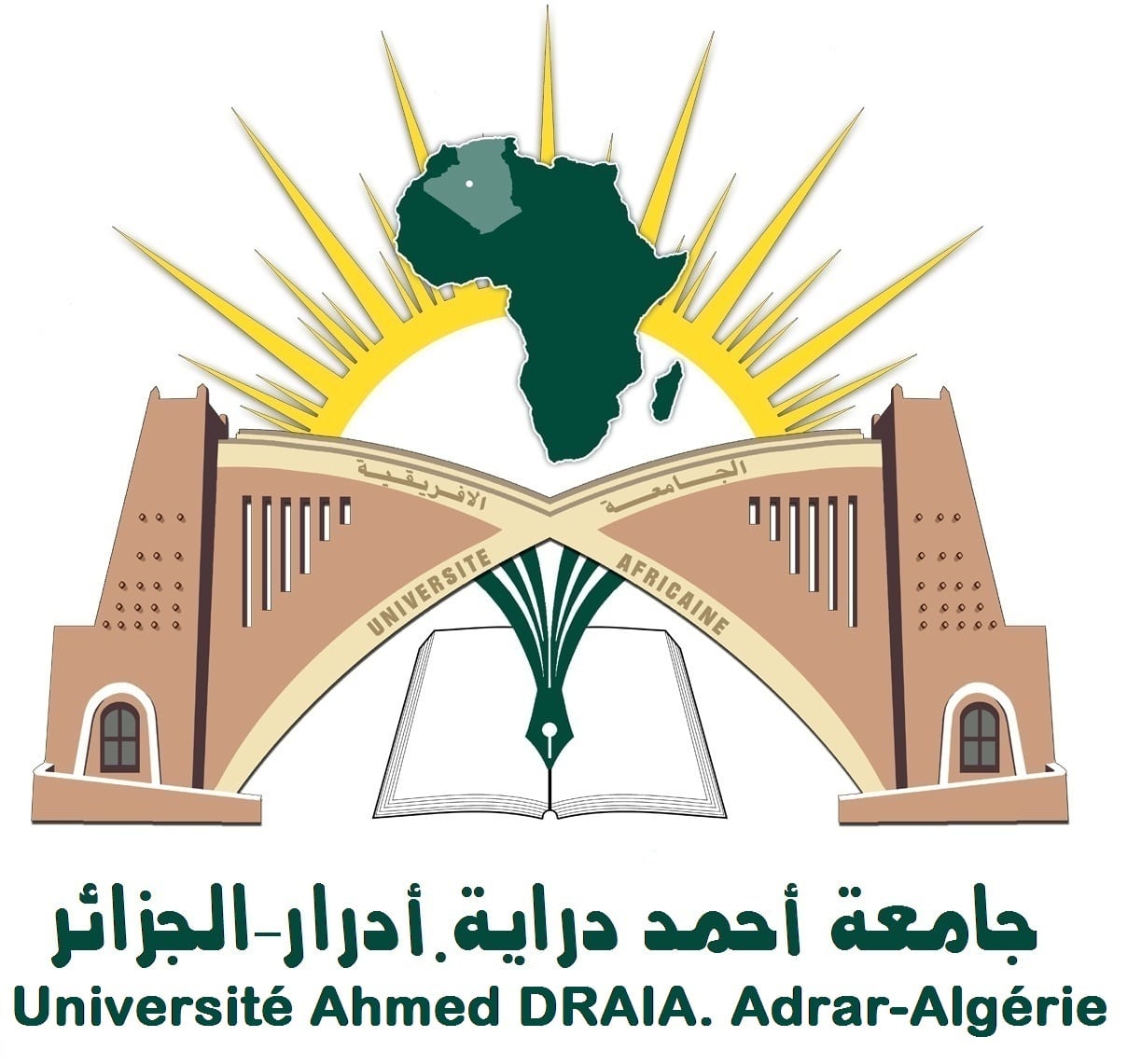تطور نظام إخطار المجلس الدستوري في التشريع الجزائري
Résumé: Our study concludes that the idea of constitutional control was linked to the emergence of the first Algerian constitution in 1963, by which it was decided to establish a constitutional Council that would determine the constitutionality of laws passed by the National People's Assembly and the legislative orders issued by the President of the Republic, which is not automatic, but through a mechanism. It is a notification either by the President of the Republic or through the President of the National People's Assembly. We noticed the absence of the issue of censorship within the 1976 Constitution, which led to the absence of this mechanism, influenced by socialist thought, which embodied the system of government through the one-party system despite its stipulation on other types of censorship practiced by the leading bodies and popular oversight practiced by the National People's Assembly. As for the 1989 constitution, two notifications were preserved either by the president of the republic or by the president of the National People's Assembly, worse before the law was promulgated (prior censorship) or after its promulgation (subsequent censorship). As for the 1996 constitution, the notification bodies are defined in three away: the President of the Republic, the President of the National People's Assembly, and the Speaker of Parliament We find that the constitutional founder narrowed the notification authority and restricted it to these three bodies, which weakens the work of the Constitutional Council in achieving the notification authority. However, with the amendment to the 2016 Constitution, the constitutional monitoring system has undergone several amendments, the most important of which has allowed parliamentarians to practiced of notification, and individuals to practiced the right to challenge the constitutionality of laws, which is a qualitative addition to rights and freedoms, and a significant contribution to the development of the constitutional control system in Algeria.
Mots-clès:
Nos services universitaires et académiques
Thèses-Algérie vous propose ses divers services d’édition: mise en page, révision, correction, traduction, analyse du plagiat, ainsi que la réalisation des supports graphiques et de présentation (Slideshows).
Obtenez dès à présent et en toute facilité votre devis gratuit et une estimation de la durée de réalisation et bénéficiez d'une qualité de travail irréprochable et d'un temps de livraison imbattable!


